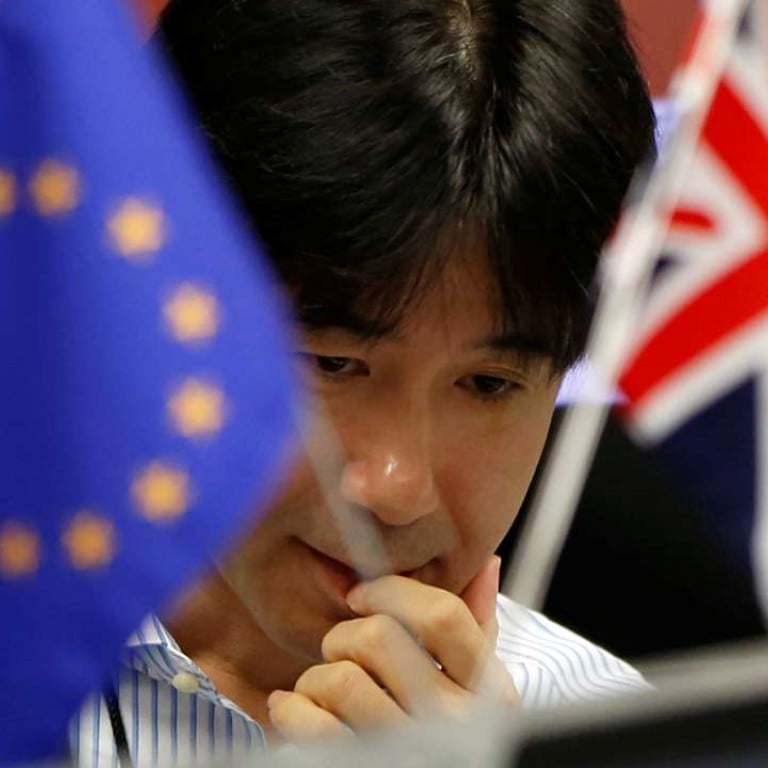
Brexit Britain is missing an Asia policy
Having opted to leave the European Union, London must get serious about engaging China, Japan and India if it is to realise its lofty ambitions of creating a ‘truly global’ country
Earlier this week, Alexander Downer, the former foreign minister of Australia and now the country’s High Commissioner to Britain, gave a wide-ranging speech at Oxford University’s China Centre. The contents were typically genial but frank. “During the time that I’ve been based here in London,” he observed, “I’ve been surprised how little attention Asia gets in this part of the world.”
Downer recently told BBC radio that the price of a free-trade deal for Britain in Canberra might be a more liberal visa regime for Australians. “We would want to see greater access for Australian businesspeople working in the UK,” Downer noted. “That’s often been a part of free-trade negotiations.”
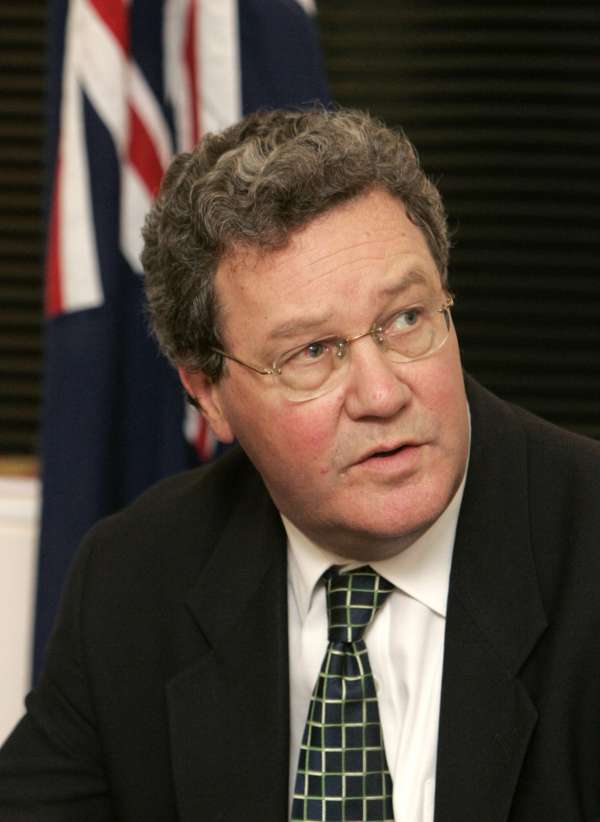
In fact, this decision means Britain will actually need to do more, not less, about engaging with its European neighbours.
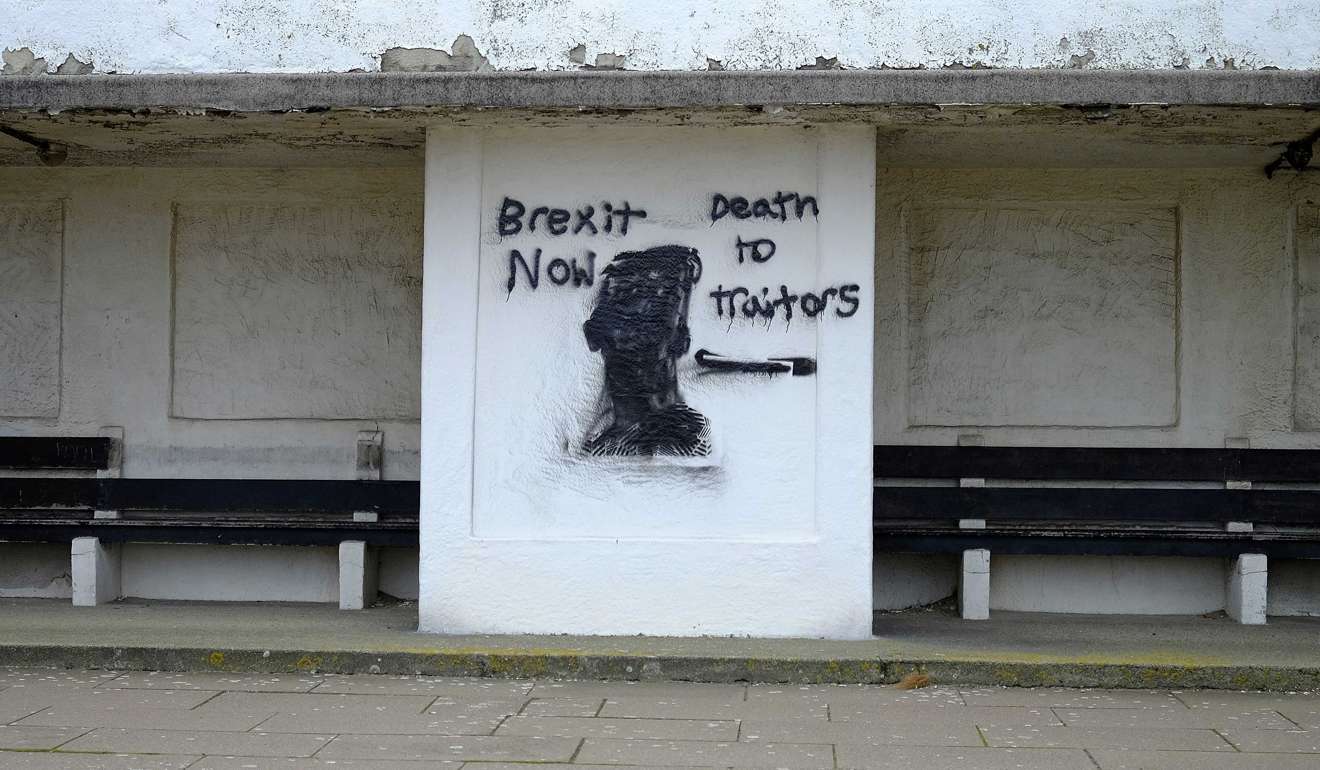
Trump’s America and Hong Kong’s oath taking crisis: how they are linked
Yet the really big task will be to bring the Indo-Pacific region to the forefront of British political and economic thinking. Top politicians from the prime minister and foreign secretary down have spoken of making Britain truly “global”. But so far, there have been few signs of a big-picture view of the world. There are occasional mentions of Australia as an old ally. But only 1 per cent of Britain’s trade is with Australia. Canberra’s biggest trading relationship is with Beijing, while its most important security relationship is with Washington.
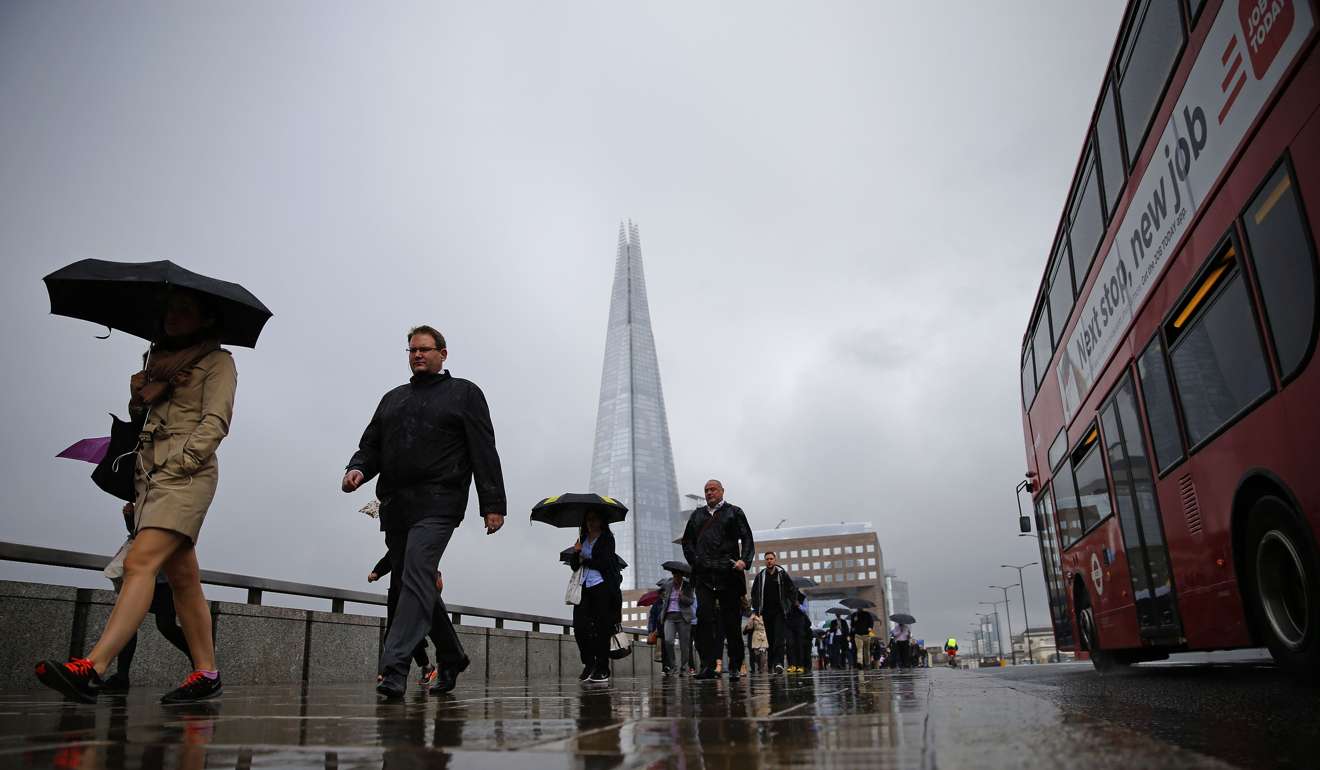
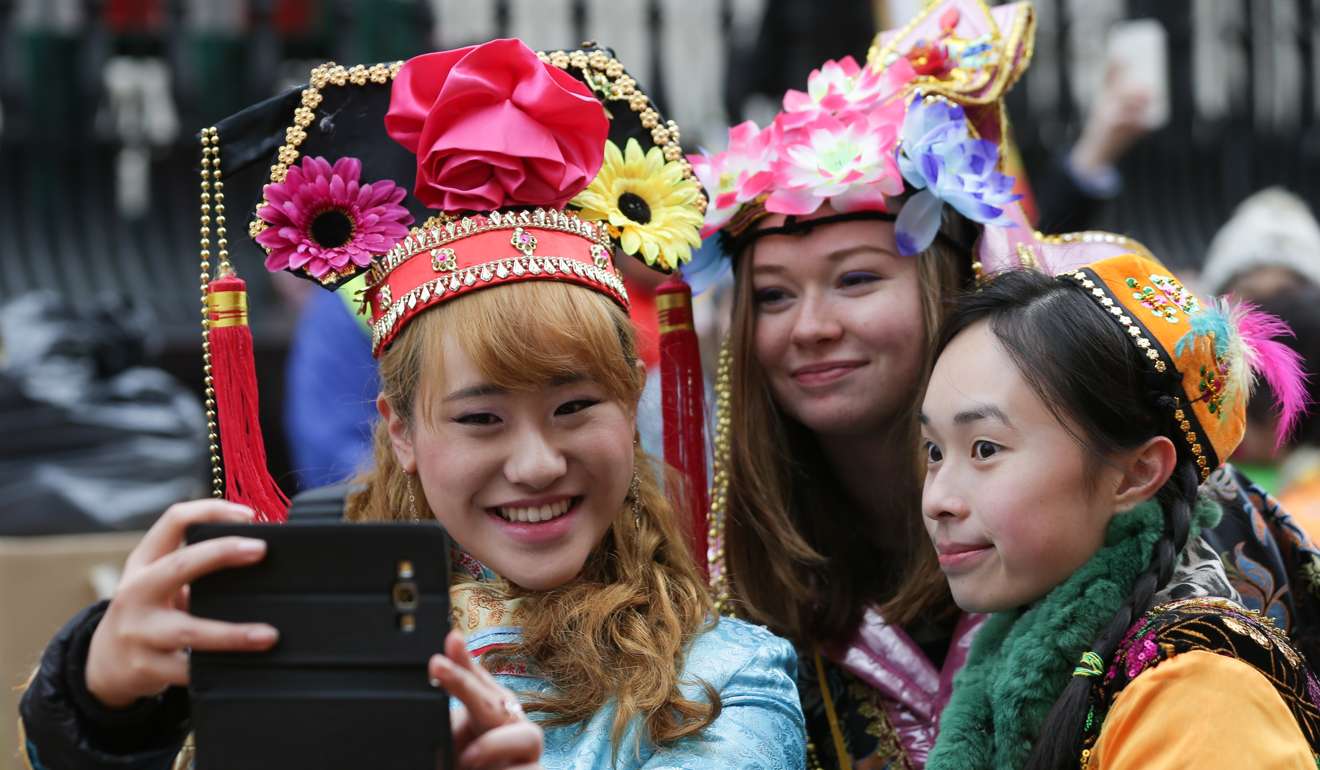
What Chinese, Singaporean universities can teach us about academic freedom
Major British institutions do big medical field trials in China. They are unlikely to be able to develop them further if Chinese scientists can’t come to Britain – and not just top laboratory heads, but the graduate students and postdoctoral fellows who are the lifeblood of global science.
Brexit may not directly affect Indians, whether business investors or software engineers, but it’s certainly sent a message that outsiders are unwelcome. That message needs to be reversed, and urgently.
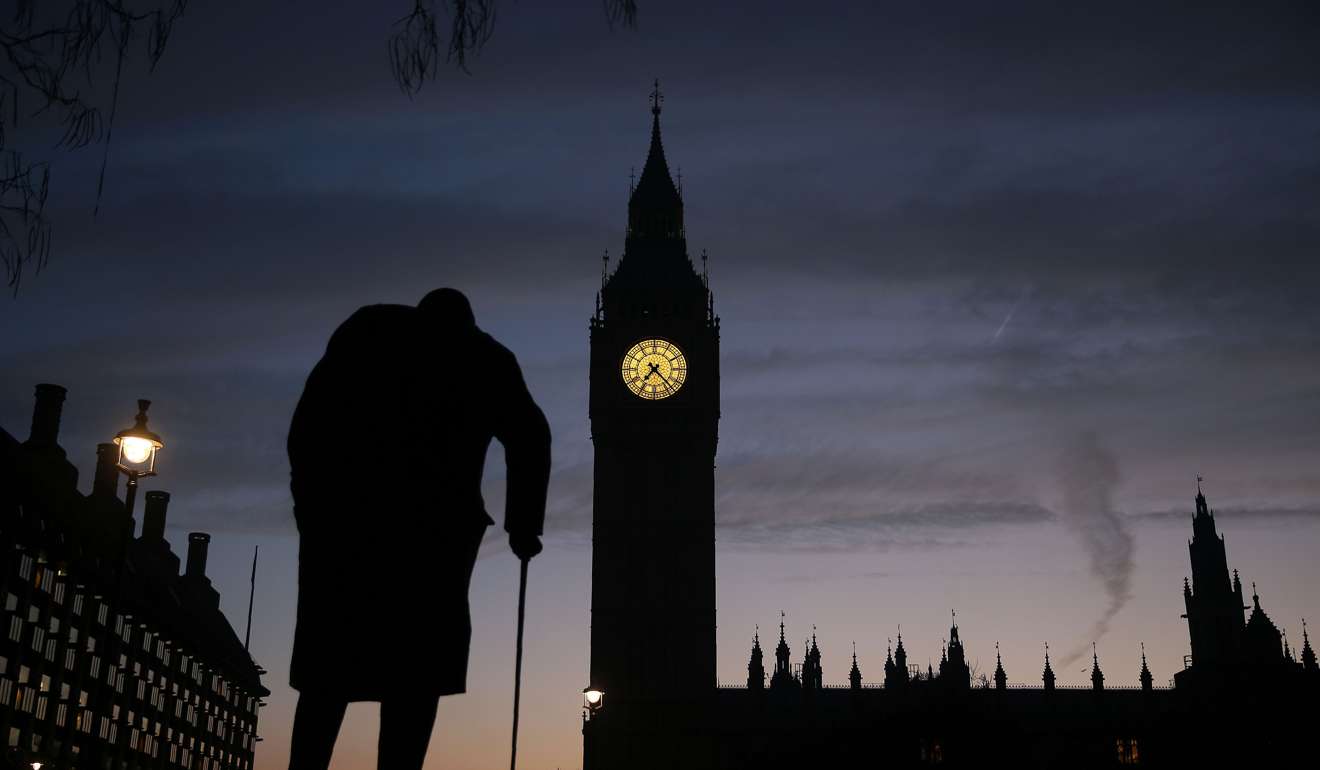
Britain wants to trade with China and Japan. But if tensions between them rose over the next decade, where would Britain stand? Without the cover of the patchy but useful diplomacy of the European External Action Service (the EU’s foreign ministry), would Britain need to make a starker choice between sticking to its traditional security partners in Asia, or going with China, the biggest economic actor in the region?
WATCH: Japanese bamboo whisk maker eyes Brexit risks
Britain’s government has taken a gamble with its electorate, since the “hard Brexit” decision endorses the decision of just over half the population who decided to leave the EU (52 per cent), while making no concessions to the nearly half of voters who wished to stay. A serious engagement with Asia will be essential if the plan is to succeed. In the next few years, Alexander Downer may yet see Britain spending a lot more time talking about China, Japan, India and Australia. ■

